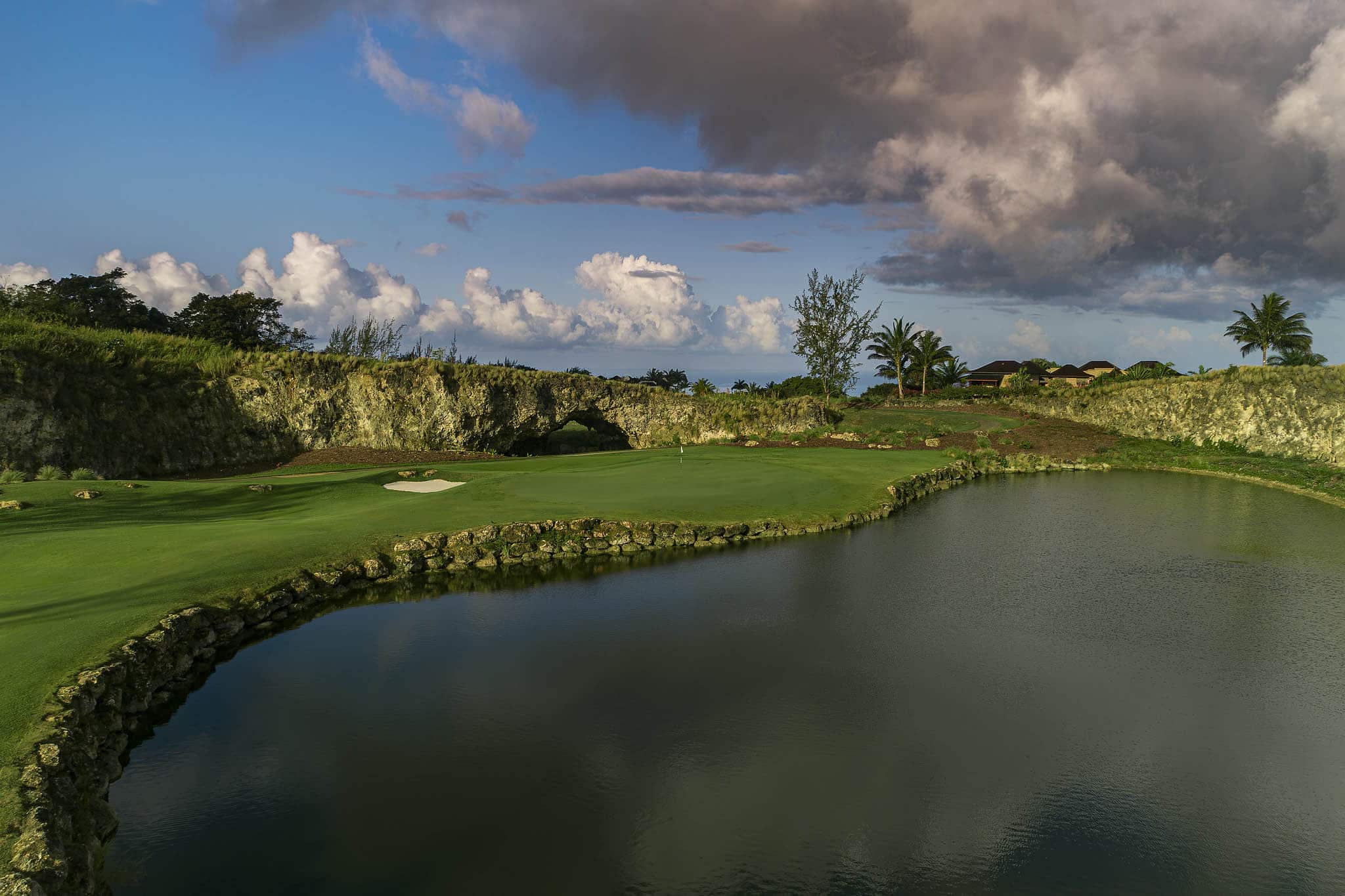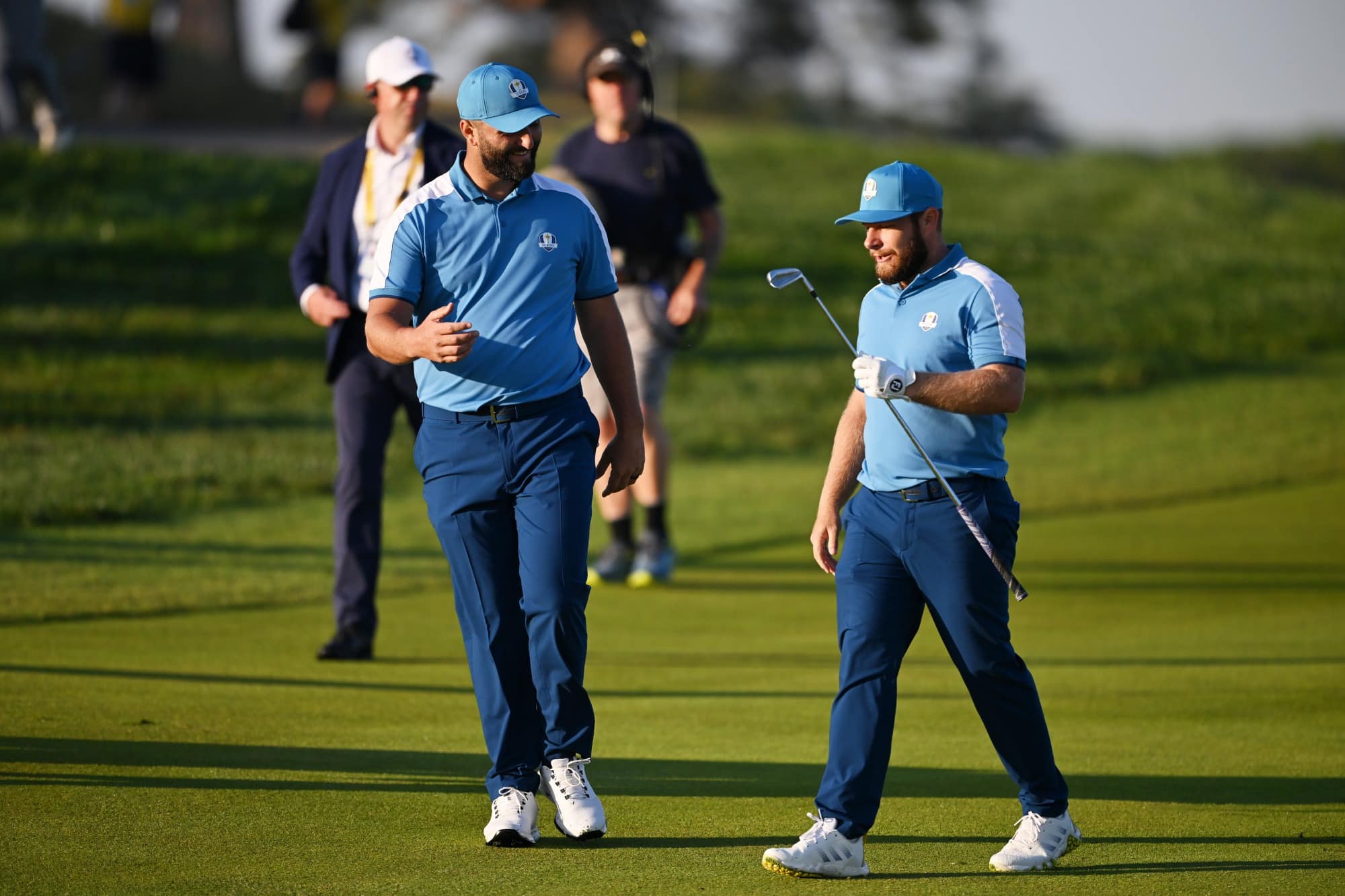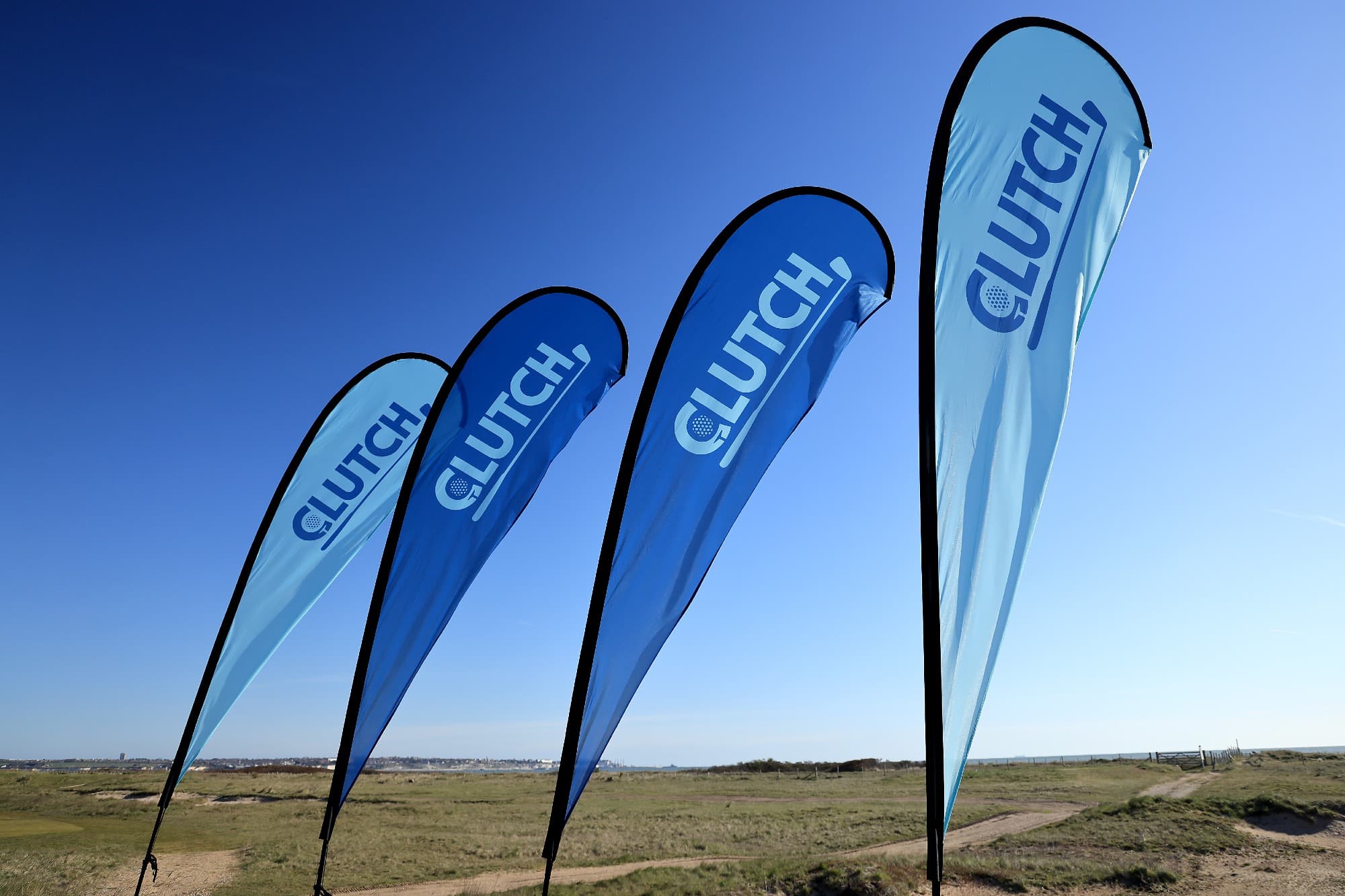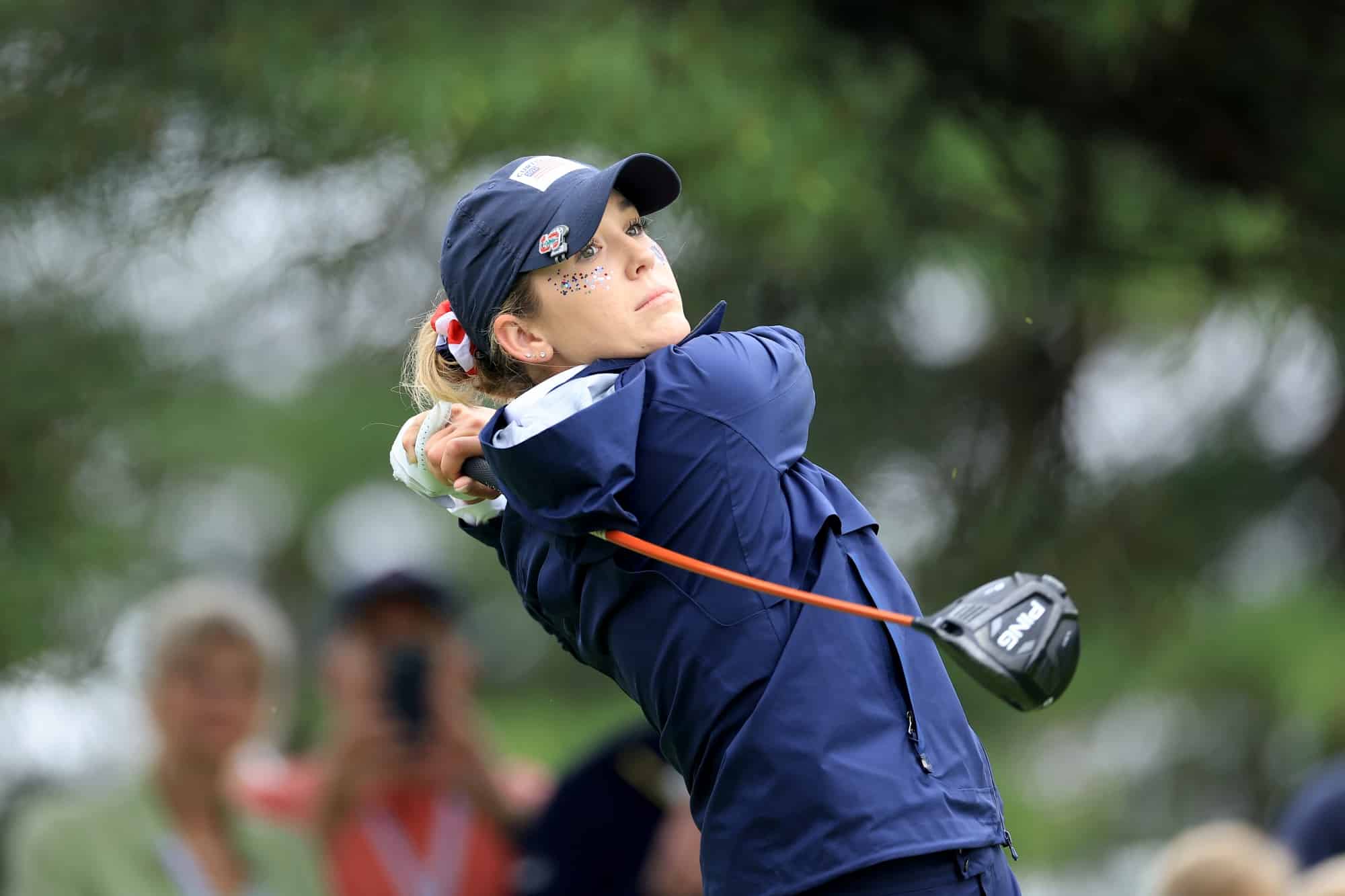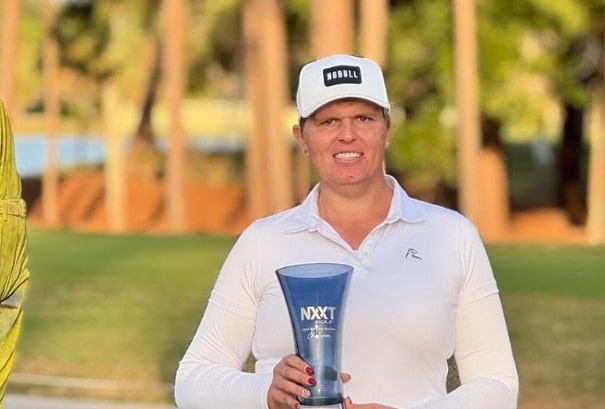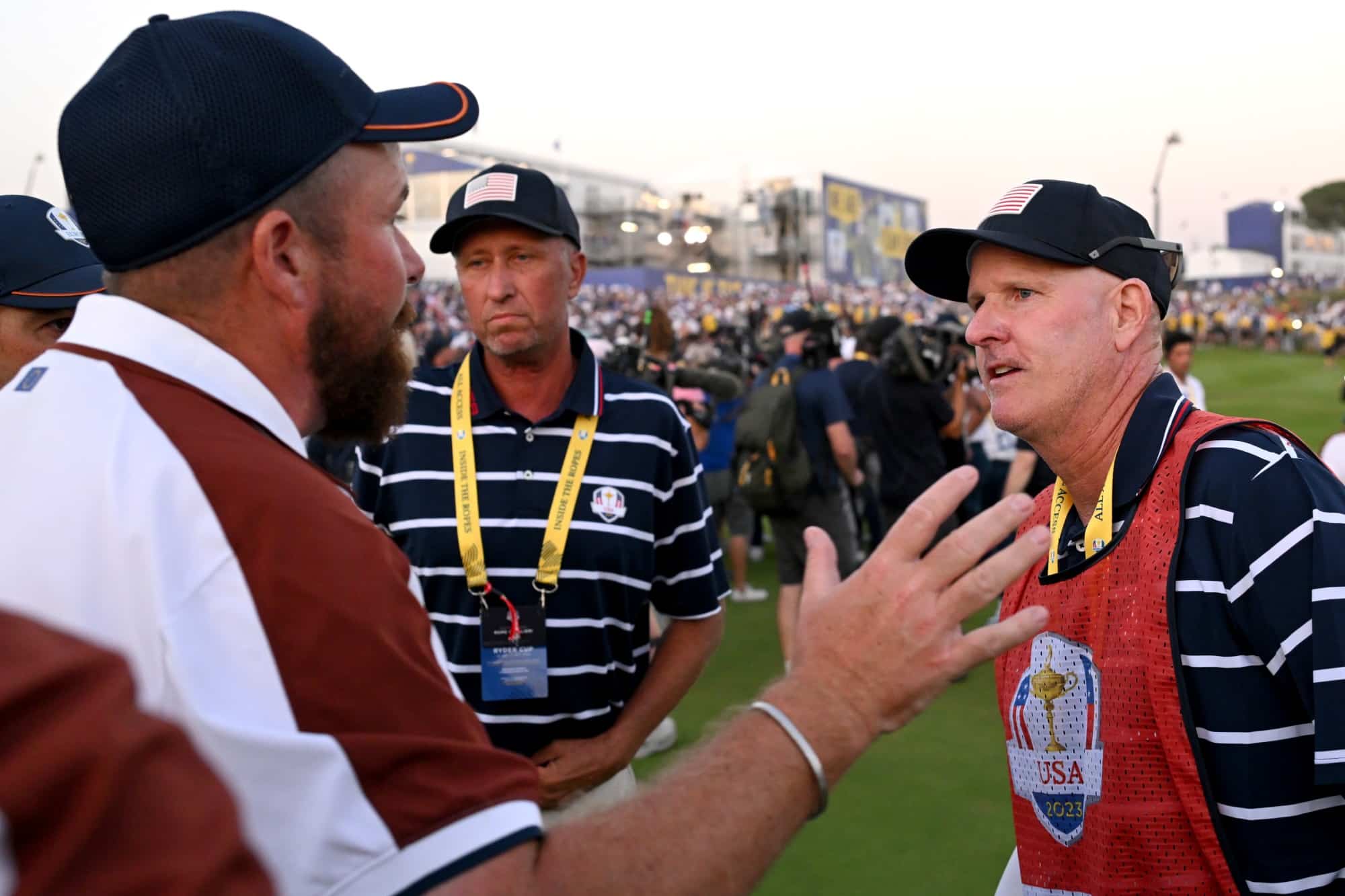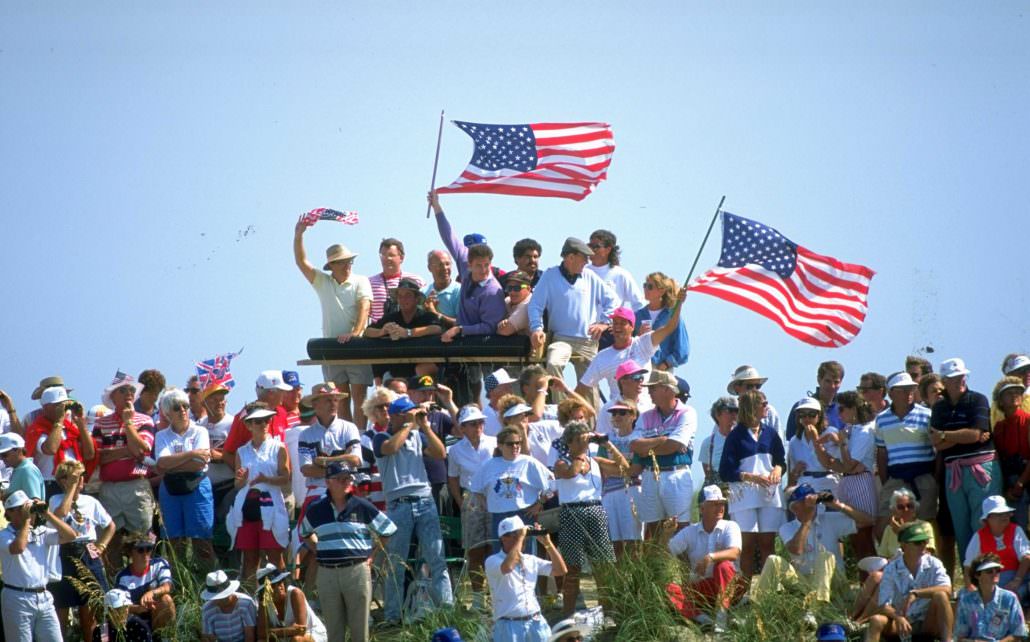
‘I thought ‘what the hell have I come into here? That was shocking – I was fazed by it’
It’s 30 years since the infamous War on the Shore. Two of the pivotal team members, Colin Montgomerie and Hale Irwin, share their memories of one of the most brutal Ryder Cups ever played
The ‘War on the Shore’ – otherwise known as the 1991 Ryder Cup – was one of the most controversial matches in Ryder Cup history.
Kiawah Island staged the event and, following the coalition victory in the first Gulf War, it took on a stridently patriotic tone – something which caught the European contingent off guard.
With the American team donning camouflage hats, and the spectators getting involved in a way the three-day competition had not seen before, the dramatic ebb and flow of the event set up a thrilling finish.
Bernhard Langer had a putt for Europe to tie his match against Hale Irwin, but the six-footer on the 18th slid agonisingly by and the US reclaimed the Ryder Cup for the first time in six years.
We spoke to two of the leading protagonists in the drama, Irwin and debutant Colin Montgomerie, to get their take on that crucial final match on the South Carolina coast…
Montgomerie: The War on the Shore they called it and I thought ‘what the hell have I come into here?’ That was shocking to me. I came home and I was fazed by it.
Irwin: The slogan ‘War on the Shore’ – I didn’t like it because it’s a disservice to those people that were really in war. But Bernhard and I had great respect for one another.
When your team members – every one of them are out there rooting their individual players on – there’s great pride. You just don’t want to let your team down.
Bernard handled it so very, very, well. He was such a gentleman about the whole thing and actually went to Germany the next week and won. It didn’t affect him too much, did it?
I thought his game at the time favoured the closing holes.
The outgoing holes were into the wind. Bernhard’s ball flight was a little different than mine. I thought ‘I’ve got to play those holes even with him, make the turn to come downwind and I’ve got to play my game’.
I think it was perhaps inflamed a bit, because of the Gulf War. Frankly, when we’re playing separately, we’re all great friends. When we play Ryder Cup, the other team becomes the enemy. But, once over, it’s done.
But it was a bit inflamed and the ‘War on the Shore’ nomenclature I didn’t like.
ALSO: Green Jacket or Ryder Cup? Jose Maria Olazabal knows what he’d choose…
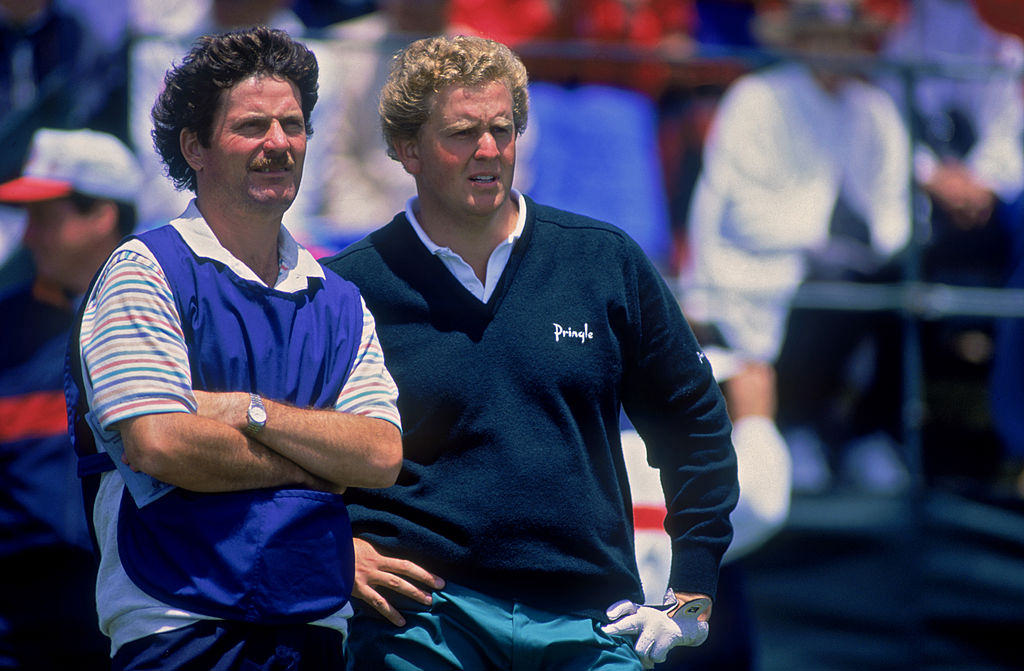
Montgomerie: I’d played golf for 20 years before that thinking about the Walker Cup and the Ryder Cup. Suddenly you are there and you think ‘my god’.
But having lost only spurred me on to try and win the next one, be involved in the next one and try and make the team in the next one. 1991 was a baptism of fire.
When you see Seve, when you see Langer, hugging each other and crying their eyes out afterwards you think ‘OK, this really means something to these guys’.
To see them in that state, having just lost, having put that huge amount of effort into every shot and they’ve lost by what? A spike mark? That really spurred me on to want to be part of this in the future.
Irwin: I know how much it meant to Bernhard. I know how much it meant to us. For that to come down to a six or seven-footer on the very last hole and a difficult left-to-right putt that he had – it was a tough one.
You always want to say ‘yes, I can make that’. But maybe you should say ‘yes, I could have made that’. You’ll never know unless you have it.
NOW READ: List of Ryder Cup winners
NOW READ: Who was Samuel Ryder?
Was the ‘War by the Shore’ your favourite Ryder Cup, or was it another one? Tell us either way on X!
Tom Irwin

Tom is a lifetime golfer, now over 30 years playing the game. 2023 marks 10 years in golf publishing and he is still holding down a + handicap at Alwoodley in Leeds. He has played over 600 golf courses, and has been a member of at least four including his first love Louth, in Lincolnshire. Tom likes unbranded clothing, natural fibres, and pencil bags. Seacroft in Lincolnshire is where it starts and ends.


